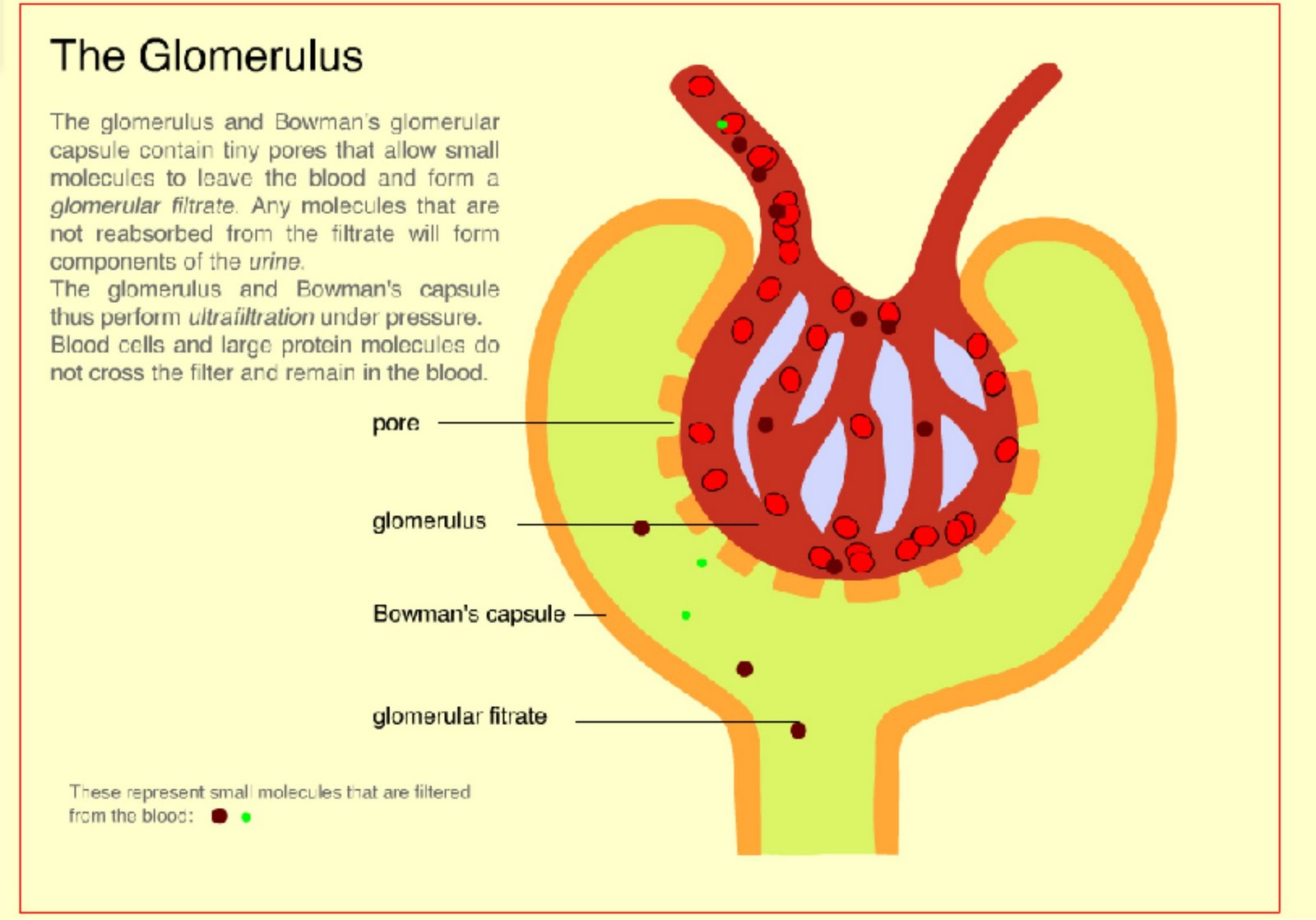The glomerulus plays an essential role in the human body's renal system, serving as the first stage in the filtration of blood. Nestled within the nephron of the kidney, this intricate network of capillaries is pivotal in maintaining the body's fluid balance and electrolyte homeostasis. Understanding the glomerulus not only sheds light on how our kidneys function but also emphasizes its significance in overall health. With an estimated 1 million glomeruli in each kidney, these microscopic structures work tirelessly to filter waste products and excess substances from the bloodstream, ensuring that we remain healthy and active.
As we delve deeper into the complexities of the glomerulus, it becomes evident that its structure and function are remarkably sophisticated. Any disruption or damage to the glomerulus can lead to various health issues, including kidney disease and hypertension. This article aims to explore the various aspects of the glomerulus by answering pertinent questions related to its anatomy, function, associated disorders, and overall significance in kidney health.
In the following sections, we will unravel the intricacies of the glomerulus, investigating how it operates, what factors can affect its performance, and the implications of glomerular dysfunction. Join us on this informative journey as we highlight the importance of the glomerulus in maintaining the delicate balance of our bodily systems.
What is the Structure of the Glomerulus?
The glomerulus consists of a tuft of tiny blood vessels known as capillaries, surrounded by a specialized structure called Bowman's capsule. Together, these components facilitate the filtration of blood as it passes through the kidneys. The capillaries have thin walls that allow water, ions, and small molecules to pass through while retaining larger proteins and blood cells. This selective permeability is crucial for effective filtration.
How Does the Glomerulus Function?
The primary function of the glomerulus is to filter blood plasma, allowing waste products and excess substances to be excreted in urine while retaining essential nutrients and proteins. Blood enters the glomerulus through the afferent arterioles, and as it flows through the capillaries, the filtration process begins. The resulting filtrate then moves into the renal tubules for further processing.
What Factors Affect Glomerular Function?
Several factors can influence the performance of the glomerulus, including:
- Blood Pressure: High blood pressure can damage the delicate capillaries of the glomerulus.
- Diabetes: Elevated blood sugar levels can lead to diabetic nephropathy, affecting the glomerulus.
- Genetic Conditions: Certain hereditary disorders can predispose individuals to glomerular damage.
- Infections: Kidney infections can lead to inflammation and impair glomerular function.
What Are Common Glomerular Disorders?
Several disorders can affect the glomerulus, leading to various health complications. Some of the most common glomerular disorders include:
- Glomerulonephritis: Inflammation of the glomeruli due to infections or autoimmune diseases.
- Nephrotic Syndrome: A condition characterized by high levels of protein in the urine, leading to swelling and other symptoms.
- Focal Segmental Glomerulosclerosis (FSGS): Scarring of the glomeruli that can lead to kidney failure.
How Can Glomerular Health Be Maintained?
Maintaining the health of the glomerulus is crucial for overall kidney function. Here are some effective strategies:
- Regular Check-ups: Routine blood and urine tests can help detect early signs of glomerular dysfunction.
- Healthy Diet: A balanced diet low in sodium and rich in fruits and vegetables can support kidney health.
- Hydration: Staying well-hydrated aids in kidney function and promotes optimal filtration.
- Managing Chronic Conditions: Proper management of diabetes and hypertension can prevent glomerular damage.
What Role Do Medications Play in Glomerular Health?
Medications can play a significant role in managing glomerular disorders. Some common medications include:
- Angiotensin-Converting Enzyme (ACE) Inhibitors: These medications help lower blood pressure and protect the kidneys.
- Immunosuppressants: Used to treat autoimmune conditions that may affect the glomerulus.
- Diuretics: Help reduce fluid retention and manage symptoms associated with glomerular disorders.
What Are the Latest Research Developments on the Glomerulus?
Ongoing research continues to shed light on the complexities of the glomerulus and its role in kidney health. Recent developments include:
- Stem Cell Therapy: Investigating the potential of stem cells to regenerate damaged glomeruli.
- Genetic Studies: Exploring genetic mutations linked to glomerular diseases for potential targeted therapies.
- Biomarkers: Identifying new biomarkers for early detection of glomerular dysfunction.
Conclusion: Why Understanding the Glomerulus is Vital?
In summary, the glomerulus is a vital component of the kidney's filtration system, playing a crucial role in maintaining homeostasis within the body. Understanding its structure, function, and the factors that influence its health can lead to better prevention and management of kidney diseases. By prioritizing kidney health, we can ensure that our glomeruli continue to function optimally, supporting our overall well-being.
You Might Also Like
Understanding Axles: The Order Required 200 Direct Labor-Hours, 13 Hours Of ProductAva Bamby: The Rising Star Of Social Media And Entertainment
Lust Goddess Collection: Embracing The Divine Feminine
Discovering The Magic Of MyFlixer Movies
Unraveling The Mysteries Of The Proterozoic Eon And The Supercontinent Named Rodinia
Article Recommendations


